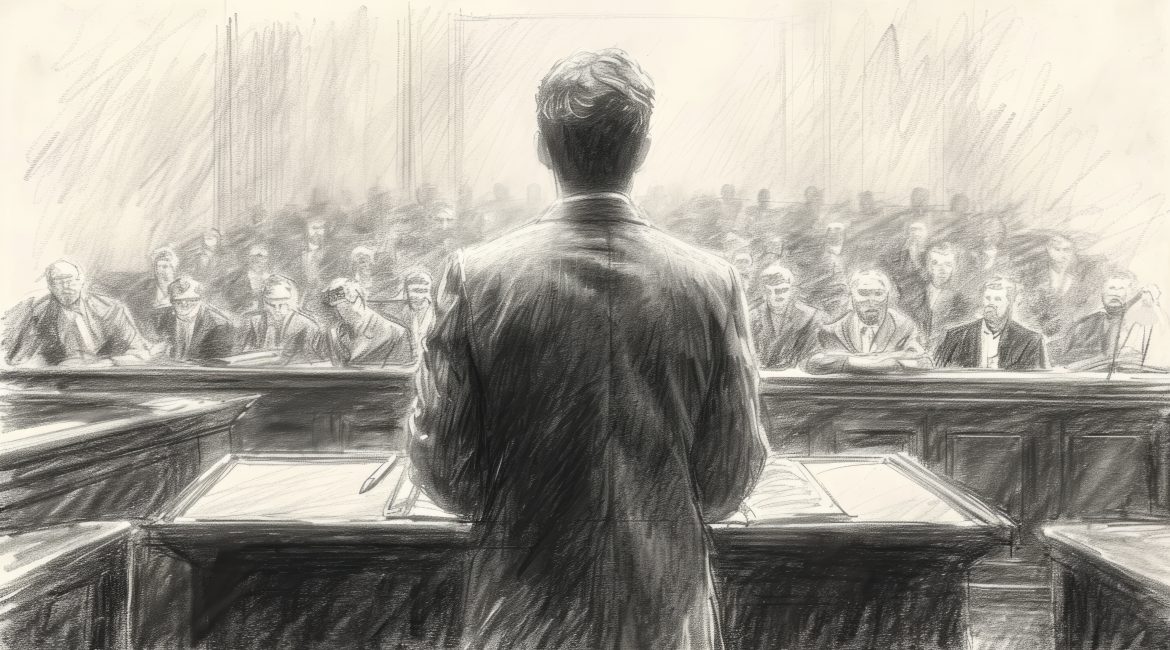The ceasefire agreement in Sweida and the withdrawal of the Syrian army constitute a temporary solution, and certainly more than necessary, to maintain security and stability. The agreement states that it "aims to rebuild trust between the people of Sweida and the Syrian state, to ensure their security and stability, and to make sure that Syria remains safe for all its people."
The agreement is a necessary step, but it remains a fragile solution that is liable to collapse as long as political and security tensions persist. For some, this tension is fuelled by the violence that has occurred in the region and its causes, such as what happened on the Syrian coast, and also by the unknown that may arise from various developments. For others, it is fuelled by fears of attempts to distract the new government by immersing it in internal wars and conflicts under various pretexts. Israel's attempts to exploit the prevailing situation to establish a "new southern Lebanon" in Syria, as it did in the past in Lebanon, are not hidden. This trend is reinforced by Israel's occupation of the buffer zone in the Golan Heights, the abolition of the disengagement agreement signed on May 31, 1974, between the two sides, and the efforts to impose a demilitarized zone in southern Syria.
One of the most important factors exacerbating the atmosphere of tension and fear in Syria, which faces significant challenges in the process of rebuilding stability, is the presence of armed organizations and groups that remain active on the ground and are capable of carrying out acts of violence that have serious repercussions for the process of building the future of Syria. These parties are driven by the logic of victory and revenge, and they are trying to impose their vision on others, in order to organize society and the state in accordance with their vision. The new authority faces the challenge of this trend, which threatens civil peace. This challenge, if successfully addressed, is no less important than working to reorganize Syria's relations with the Arab world and the world, which is a more than essential goal in the process of rebuilding the state and embarking on a path of comprehensive development.
What is required, today rather than tomorrow, is to initiate a comprehensive national dialogue process that represents all the national components of the Syrian people. This dialogue aims to build a new system based specifically on two fundamental concepts:
Firstly, equality in citizenship, not on the hierarchy, as content and practice, and not as a vague slogan without any criteria to define this concept. Secondly, given the presence of diverse identities, at a time of revival and return of sub-national and trans-national identities in the Middle East in particular, it is necessary to work to establish a system based on the model of consensual or participatory democracy. This formula does not negate the role of any of the components, but rather organizes power on the basis of the participation of all, a real representation, and the protection of rights, even if the weights among these components differ. It must be remembered that consensual democracy remains the necessary formula in societies that encompass different primary identities.
In this context, it is imperative to note that the "Taif Agreement", which ended the wars in Lebanon, represents a model to emulate, and some of its lessons can be learned, generally in the Syrian case. In this context, it is important to recall the role played by the Kingdom of Saudi Arabia in hosting the conference and pushing toward the success of the goals for which it was convened.
In short, launching the process of formulating a new social contract in Syria, for the reasons we have indicated, is more than necessary, despite the challenges it faces. These challenges will increase in severity, complexity, and repercussions over time if this process is not launched, fostered, and supported, particularly by Arab countries. Societal stability is now essential for Syria and its national security, as well for that of Arab and other regional countries.

